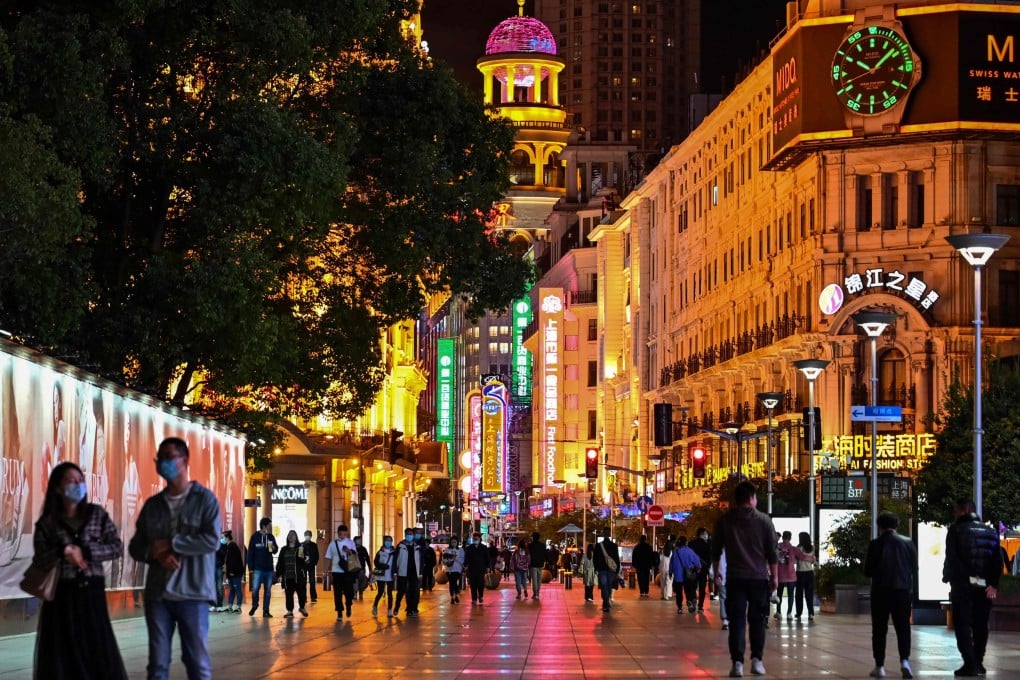Advertisement
Opinion | Why Hongkongers need to visit the mainland with an open mind
- There is a fundamental disconnect between China’s world-leading modern success and the perception held by many in Hong Kong, particularly young people
- Making travel easier between the two places would help change this
Reading Time:4 minutes
Why you can trust SCMP
16

When I arrived in Hong Kong 50 years ago, most locals looked down on their mainland counterparts, referring to them dismissively as “country bumpkins”. Now the shoe is very much on the other foot, and social media users to the north are referring to us as the residents of a clapped-out international financial centre.
Advertisement
The pendulum really has swung, and as often happens in such cases, has overcorrected and gone too far. Nonetheless the negative terminology should serve as a useful wake-up call.
Looking back, I think the tipping point was probably the summer of 2003. As our economy struggled to emerge from the severe acute respiratory syndrome (Sars) epidemic, what came to our rescue was the sudden flood of mainland tourists. The people to whom we had once sent food parcels, now returned to save us with their cash from a burgeoning economy. The problem is that far too many Hongkongers, particularly the younger generation, have been slow to recognise the new reality.
That is one reason former chief executive Leung Chun-ying urges our young people to visit mainland China, learn more about the situation and explore opportunities there, particularly in the Greater Bay Area. It is presumably also part of the impetus behind the recent proposal to have a new museum setting out the country’s many achievements in the face of adversity.
I see nothing wrong with that idea in principle but surely, rather than disturb what is currently our most popular facility, the Science Museum in Tsim Sha Tsui, the obvious location for the new one should be in the West Kowloon Cultural District near the Palace Museum. Then we would create a node bringing the best of the past together with the best of the present and future.
Advertisement
There will be a lot to display in the new facility. China is now a world leader in many areas such as electric vehicles, solar energy and mobile phones. The country’s achievements in space and aeronautics are mind boggling in both scope and pace. Ten years ago, who would have guessed that we would have our own space station, have launched a rover to Mars, and landed a capsule on the far side of the moon?

Advertisement
